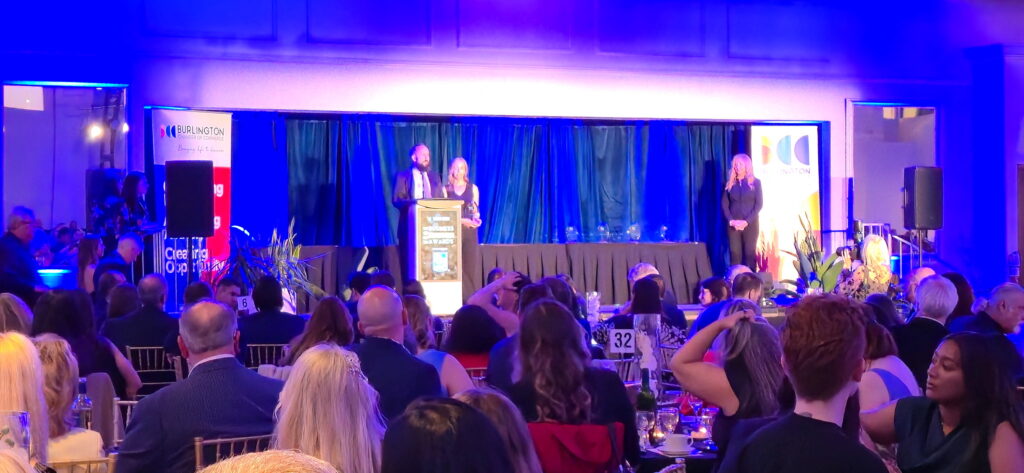Many people believe that if you run a business it will be a great tax break due to the expenses you can write-off. This is not exactly the case. Also, consider the time and effort it takes to collect and remit taxes—a task that non-business owners don’t have to tackle. If you don’t understand the finer points of business taxes, and thereby don’t comply fully with the business tax rules, you could end up facing costly penalties. Here is an alert on some business tax myths:
Myth 1—Understanding a business is business: You may be managing a business insofar as taxes are concerned, yet not realize it. Your misconception might be that if you only earn a small income, it won’t qualify as a business, or that if you consider your undertaking is just a hobby, then it isn’t a business, even though you are producing and selling products.
Unfortunately, the CRA does not determine what is or isn’t a business enterprise according to the volume of sales. In fact, they define a business as, “any activity that you do for profit.” So even if you only earn a small income you are still running a business and must file the appropriate business taxes.
Myth 2—If my business is home-based, I can write off all expenses related to your home: This is not correct. Some business tax deductions are specific to home-based businesses, but managing a home-based business does not give you free rein on business tax deductions. You can use some of your home maintenance/ownership costs as business tax deductions but by and large, the rules for business tax deductions for home-based businesses are the same as for any other business. Generally the available deduction is based upon the square footage of the home used in the business.
Myth 3—I can write off all my entertainment expenses if I run a business: Unfortunately, the rules for business tax deductions relating to entertainment are very strict. Generally, you can only claim up to 50 percent of the cost of meals and/or entertainment as business expenses. Plus, when pursuits such as golfing are involved, the rules are even stricter. According to the CRA Business and Professional Income Guide, club membership dues are not deductible if “the main purpose of the club is dining, recreation, or sporting activities.” See http://www.cra-arc.gc.ca/E/pub/tg/t4002/README.html
Myth 4—If I operate a business, I can write off all the equipment I buy: The equipment you buy to operate your business (including all items from machinery to furniture), is depreciable, meaning it will deteriorate over time. Consequently, when you buy what the CRA terms a “depreciable property,” you cannot deduct the entire cost of the item as a business tax deduction. You must deduct the cost of the item over several years through a Capital Cost Allowance claim.
The amount of any Capital Cost Allowance claim you can make each year for a particular item depends on what class it falls under. For example, furniture, fixtures and machinery fall into Class 8 in the Other Property category. This means you can deduct 20 percent of their cost each year. Chapter 4 of the Canada Revenue Agency’s Business and Professional Income Guide provides a Capital Cost Allowance Classes Chart that will show you what depreciable property belongs in each class. —See http://tinyurl.com/76a6j4e
Even though business taxes can’t be avoided, there are things you can do to minimize the tax bite. Understanding these tax myths will help you comply with the business tax rules, as well as giving you a starting point for successful tax planning.
Updated January 2025



